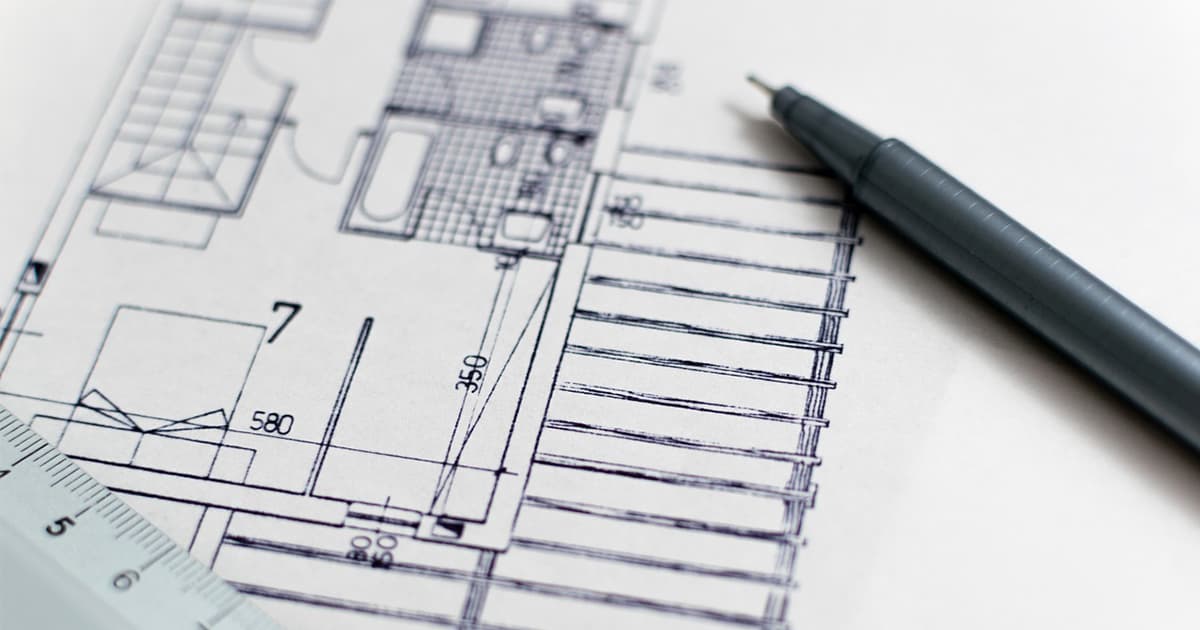Many different building projects require planning permission from the local authority before they can proceed. While a loft or basement conversion might be considered under permitted development, projects like a home extension generally require at least some agreement from the local authority.
In many cases, an application for planning permission will go through reasonably routinely as long as all the conditions are met. There may be several reasons why you might want to appeal a decision even if it does go through successfully, however. However, in most cases, appeals occur when the planning permission request is denied.
So what are the next steps for appealing after your planning permission has been denied?
Who Can Appeal and When?
Non-homeowners such construction companies and other businesses that have applied for planning permission and wish to appeal can do so within six months of the original decision. If permission is granted, but you disagree with any of the conditions that have been added to that agreement, you also have six months to appeal.
If you are a homeowner and you have had planning permission denied, you will need to appeal within 12 weeks of the original decision.
Reasons for Lodging an Appeal
Appealing a planning permission decision isn’t just about whether you are able to go ahead with your new build or conversion. There are a number of situations that might give your reason to appeal, including:
- Planning permission has been completely refused. There are a variety of reasons why this might happen. For example, if you are building an extension to your home and your neighbour has lodged an objection because it would cut off the light to their property.
- Permission has been given, but certain conditions may have been added. This might, for instance, include using certain materials, especially if you own a listed building. Another condition might stipulate that project needs to be completed within a certain time.
There are other reasons you might want to put in an appeal. It could be the authority took too long to come to a decision for planning permission (it usually should be eight weeks), or they have asked for extra information which you don’t think is relevant.
How to Make an Appeal

The only person who can appeal a planning permission decision is the person who initially made the request. The appeal is processed through the government’s portal and the relevant documentation attached online, or you can download the forms and post them, along with your evidence, to:
The Planning Inspectorate
Room 3 O/P
Temple Quay House
2 The Square
Temple Quay
Bristol
BS1 6PN
The type of information you need to add to your appeal includes the original permission request, the local planning authority decision and the certificate of ownership for the site where the project is to be carried out. You will also need to include any maps, documentation and other information relating to your request for planning permission.
- You should provide the reason or evidence that supports your claim that the planning permission decision was wrong and needs to be changed.
- There are three different ways to run an appeal: by written procedure, a hearing or an inquiry. The quickest and most often used methods are either written or a hearing.
- The inspectorate will send a questionnaire to both you and the local planning inspector, and anyone who objected to the project will also be informed that an appeal is taking place.
- Additional statements and information can be added to the appeal based on what is contained in the questionnaire.
The Stages of a Planning Permission Appeal
Unless there are exceptional circumstances, there are normally four stages to any appeal:
- Validation: Your appeal is sent to the inspectorate who then check the details to make sure that it is valid. This can take anywhere between one and two weeks. You will get a notification once the appeal has been validated.
- Finding an inspector to decide the appeal: The next stage is to put someone in charge of handling the appeal and taking it through to a conclusion. The time this takes can vary depending on the number of local inspectors available and the type of appeal.
- Investigating the appeal: The inspectorate will then produce a timetable for the appeals process, which will probably include a site visit by the nominated inspector. They will also set deadlines for the submission of any additional documents or evidence.
- Final decision: Once all the investigation has been completed, the inspector will make a decision and inform all relevant parties.
Whatever type of building project you are undertaking, it’s essential to make sure that you document and keep evidence for each stage of the process. In the event of not getting planning permission, you can then use this information to bolster your arguments for a reversal of the decision.
Further reading:

